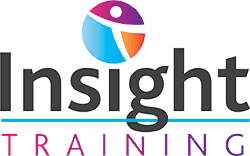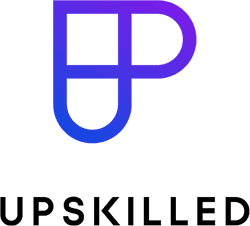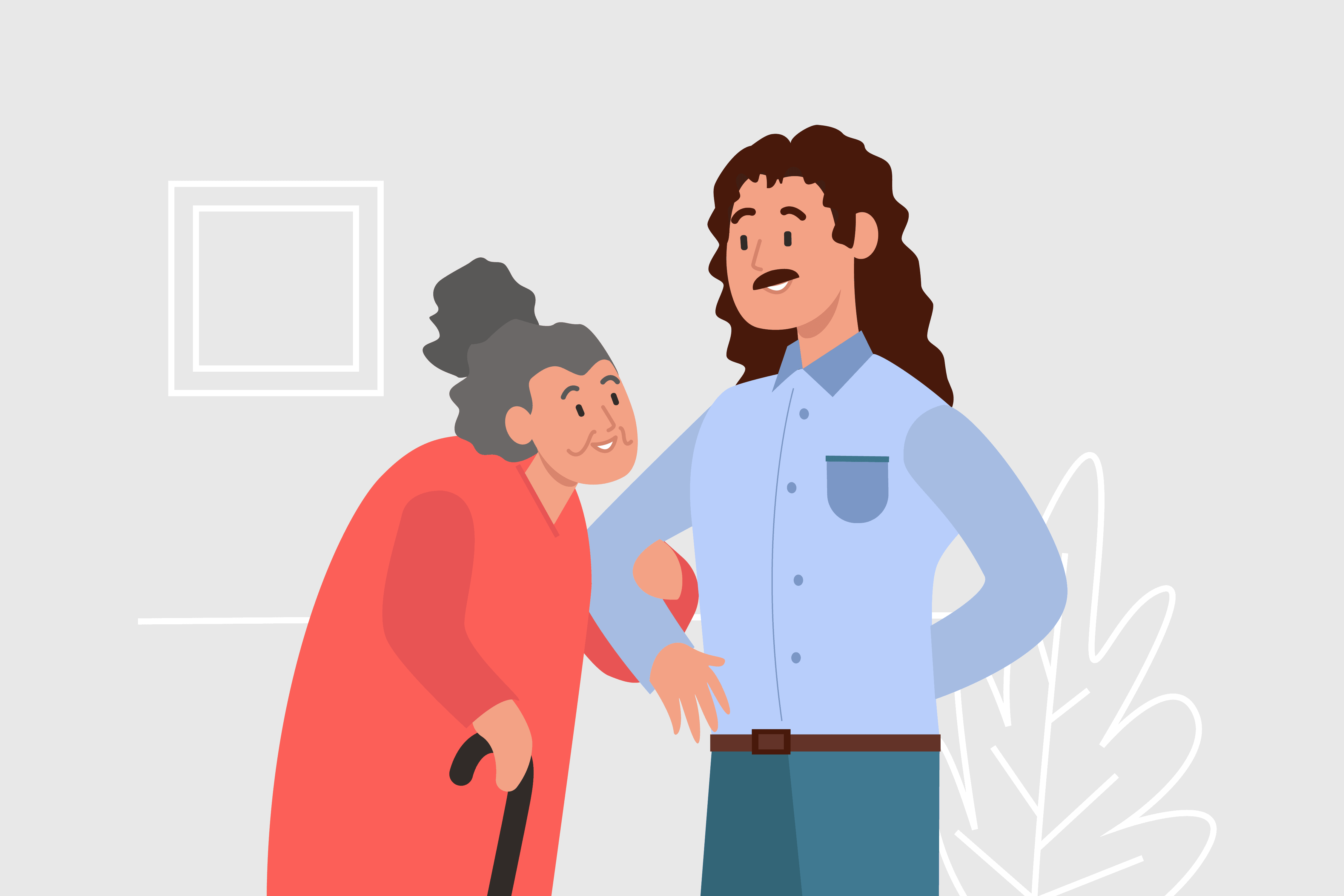Family support worker job description
Where we source our data
Let's get real. Job information online can often be overly optimistic — conveniently glossing over the raw bits. But when you're making decisions about your future, you need all the facts.
That's why we anonymously surveyed family support workers about their job, with hopes of getting an honest insight into what it's really like.
While we did our best to ensure respondents were Australians and verified their job titles with proof of employment, we can't guarantee complete accuracy — or that your experiences in the field will reflect theirs. So, we suggest that you take these insights as a guide only and try to talk to people in the field before making an important decision.
Tasks and responsibilities for a family support worker
A family support worker works with at-risk families through child protection, early childhood intervention, foster care, adoption, and family services.
A family support worker’s job description can include:
- Providing support and advocacy to families in need
- Providing emotional support to families
- Conducting needs and risk assessments for families
- Consulting with other professionals in a multi-disciplinary team
- Managing and guiding clients finances, home management and budgets
- Managing administration and accurate record-keeping
- Visiting family homes
- Providing mental health support
How to become a family support worker
-
Study
Completing a certificate course through a recognised training provider in social or community services like a Certificate III in Community Services (CHC32015) or Certificate IV in Child, Youth and Family Intervention (CHC40313) means you have the fundamental skills needed to start your career. You could also choose to study a Diploma of Counselling (CHC51015) or Diploma of Community Services (CHC52015).
-
Obtain a Working with Children Check and Police Check
When you start a new job that involves working with vulnerable individuals, you are generally required to pass a National Police Check and a Working with Children Check. Getting a Police Check requires a process of providing personal details and identification to request a full national Criminal History Background Check and report of the outcome.
Pathway options
A role as a family support worker puts you front and centre with vulnerable people from the community. Starting in the position can lead you to progress further in this field or into related jobs.
Some pathways could be:
Junior
-
Support worker
Most common qualification: Certificate III in Community Services (CHC32015)
-
Volunteer coordinator
Most common qualification: Diploma of Community Services (CHC52015)
-
Youth support worker
Most common qualification: Diploma of Community Services (CHC52015)
Mid
-
Outreach worker
Most common qualification: Certificate IV in Mental Health (CHC43315)
-
Community development officer
Most common qualification: Diploma of Community Development (CHC52115)
-
Youth Worker
Most common qualification: Diploma of Youth Work (CHC50413)
-
Disabilities service officer
Most common qualification: Certificate IV in Disability (CHC43115)
-
Child protection practitioner
Most common qualification: Diploma of Youth Work (CHC50413)
Senior
-
Community development manager
Most common qualification: Advanced Diploma of Community Sector Management (CHC62015)
-
Care manager
Most common qualification: Advanced Diploma of Community Sector Management (CHC62015)
Explore related qualifications
Certificate III in Community Services
A Certificate III in Community Services (CHC32015) can be a pathway to entry positions in community services settings. The course provides the skills needed to be the first point of contact for community members and assist immediate needs. Work at this level takes place under direct supervision from senior staff.
The average course duration is one year full-time, has blended learning formats, can be self-paced, and particular providers offer payment plans.
4 providers offer this course
Diploma of Counselling
A Diploma of Counselling (CHC51015) provides skills in counselling to those who wish to work with clients on personal and psychological issues using established counselling techniques.
At this level, the counsellor works in a supporting role in an established agency rather than independently.
The average duration for this diploma is one year and can be online in a self-paced setting.
4 providers offer this course
Diploma of Community Services
A Diploma of Community Services (CHC52015) prepares learners for a role in community services, case management and social housing workers. These roles involve the direction and coordination of person-centred services and may have responsibilities in supervising others.
The average course duration is 18 months, can be completed online or in a blended format and can be self-paced. This course also requires work experience to be undertaken.
Government fee subsidies may be available to you.
6 providers offer this course
Reviews
How we collect reviews
Reviews are from Australian workers with this job title or a very closely related one.
Is this your job title?
Share your thoughts and help people decide if this job is right for them.
- All
- Positive
- Negative
Supporting and empowering families in need and improving their circumstances.
What are the best parts of the job?
Working with families and young people to improve their situation and be there to support and empower them.
What's the most challenging part?
Working with other professionals who do not see the benefit in social and emotional learning.
Rewarding but behaviour problems can be challenging.
What are the best parts of the job?
Working with people who need your help.
What's the most challenging part?
Dealing with patients who have high behaviour problems.
Love seeing clients who are satisfied with the outcome.
What are the best parts of the job?
When the client is happy with the outcome.
What's the most challenging part?
When the client becomes upset and is not happy with the outcome.
































